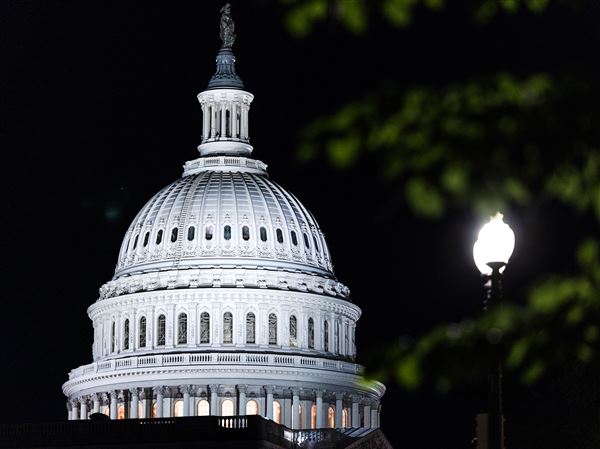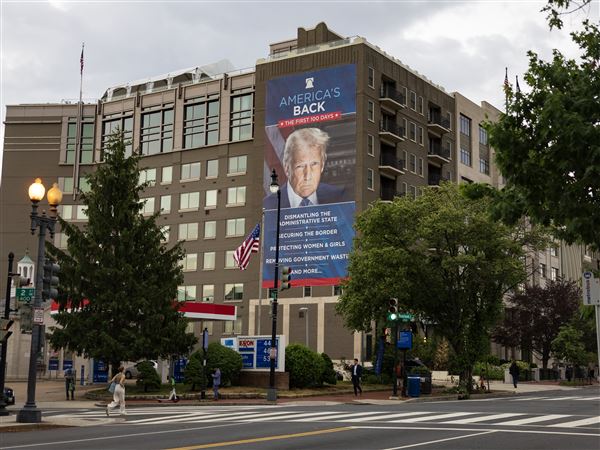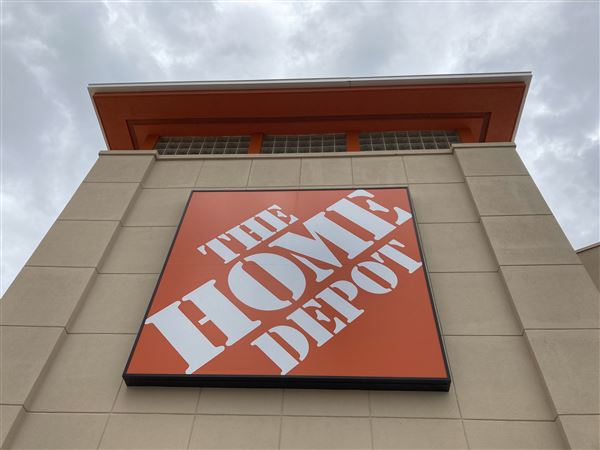HARRISBURG -- Groups that deal with the Legislature had conflicting opinions regarding a new open records proposal adopted today by the Senate's State Government Committee.
Some said the bill was "a step in the right direction" because it "reverses the presumption'' of privacy that has been used for years to make it harder for citizens to find out what state and local government agencies are doing.
By groups like Common Cause/Pennsylvania, Rock the Capital and Democracy Rising Pa. were upset with the Senate committee for applying that new presumption of openness to Gov. Ed Rendell's administration, as well as the auditor general, attorney general, Turnpike Commission and State System of Higher Education -- but not to many records and communications of the Legislature itself.
"The Senate isn't even trying to give us what we deserve, which is the best open records law in the nation,'' complained Democracy Rising's Tim Potts.
For the executive branch of state government and many state local municipal agencies, "A record shall be presumed to be a public record unless the record is one of the (24) listed exceptions under this act,'' the bill reads.
Such exceptions for privacy include records that contain someone's Social Security number or medical records, or for reasons of homeland security, or trade secrets, security of an agency's computers, state emergency response plans, floor plans or design of buildings that could affect security, real estate appraisals, questions for employee tests, 911 recordings, collective bargaining or drafts of bills before they are completed.
But the standard for the Legislature itself was different. It specifically listed which records would be public, but the overall presumption that something is automatically public doesn't apply.
Barry Kauffman of Common Cause called Senate Bill 1 "a tiny step forward, but the bill is still inadequate.''
Another critic, Eric Epstein of Rock the Capital, complained the Senate "left themselves out of this (open records process). What's covered for the General Assembly is less than that covered for the governor's agencies and local, municipal agencies.''
A Senate aide, Erik Arneson, disagreed with the criticism, saying the information about House and Senate records that's considered public under the bill is quite extensive, such as many financial records, fiscal notes on the cost of proposals, memos on who is co-sponsoring bills, plus details of bills and their amendments, "Senate journals, minutes of committee meetings, public hearing transcripts, attendance records, roll call votes, audits and annual reports made to the General Assembly.''
Deborah Musselman of the Pennsylvania Newspaper Association wasn't as critical as the citizens groups. She said 36 states treat their legislatures differently regarding release of information. She called the committee-approved bill "a step in the right direction'' and said it's better than another bill on open records passed by a House committee two weeks ago. The House is expected to debate its open records bill tomorrow.
More details in tomorrow's Pittsburgh Post-Gazette.
First Published: October 29, 2007, 7:00 p.m.















